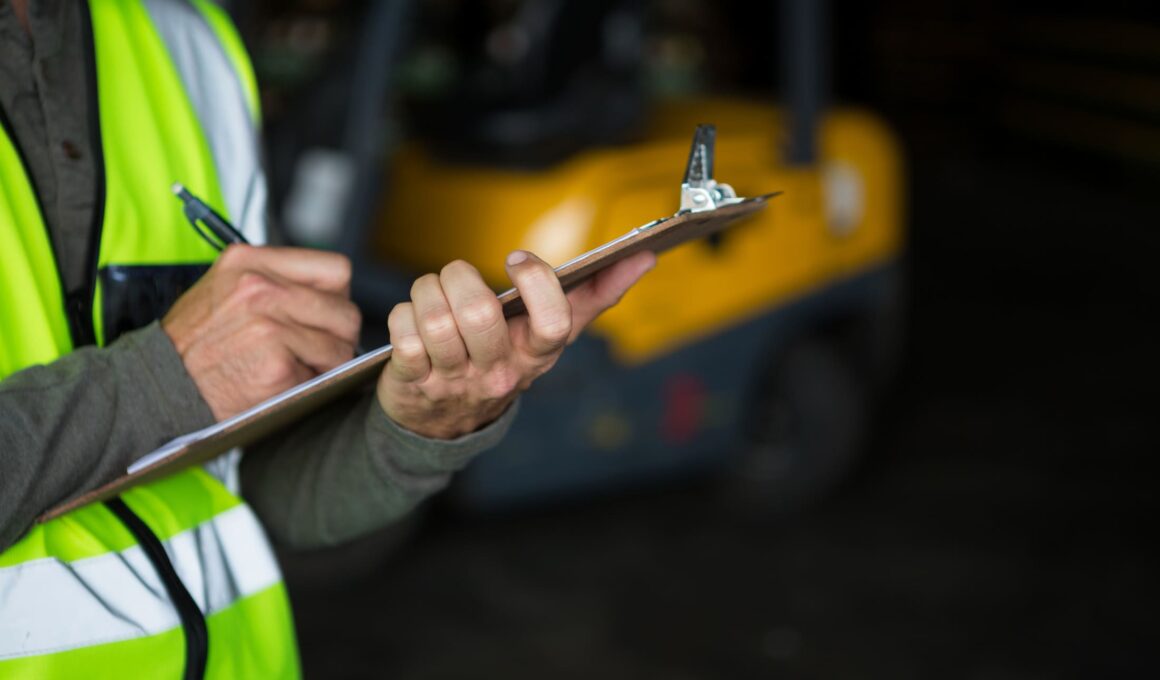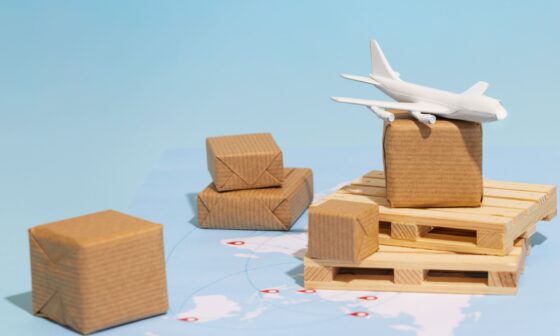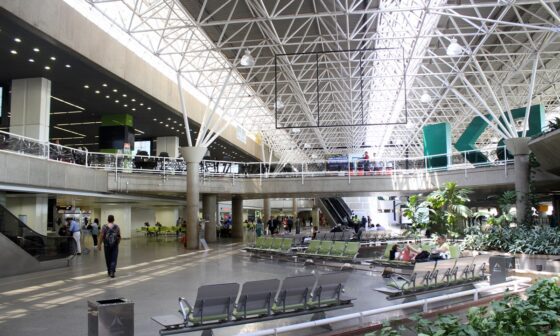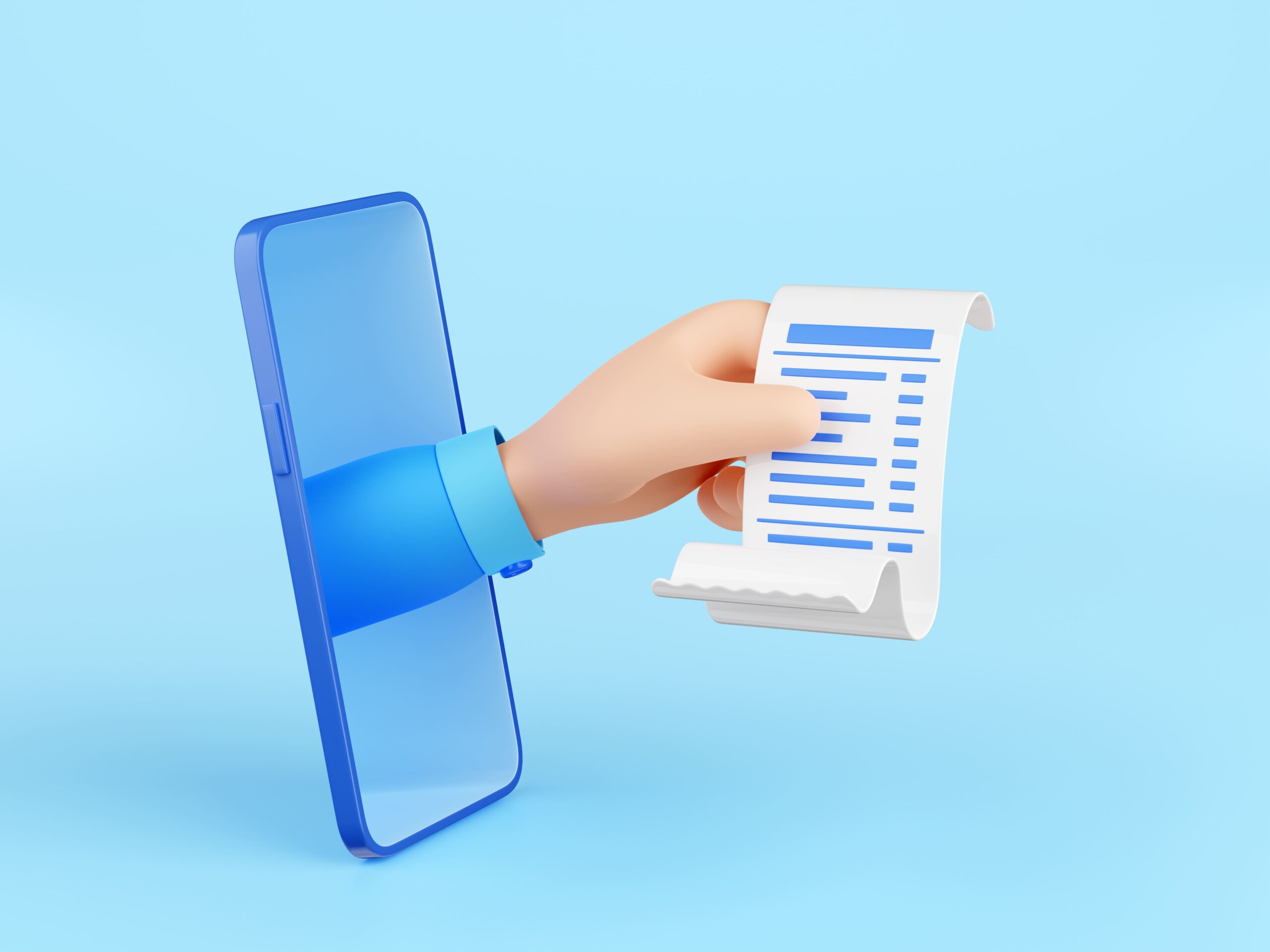International e-commerce is gaining more strength in Brazil every day. According to a survey by NIQ Ebit, an organization specialized in monitoring the reputation of online stores, in 2022, 72% of consumers who chose to shop online opted for foreign retailers. Despite the positive index, many brands refrain from operating in the Brazilian market due to the complexity of customs inspection in the country. Some of the main challenges faced by e-commerce and foreign sellers are:
- not knowing which taxes apply to the exported shipment, which also hinders product pricing;
- how long the shipment remains under inspection;
- which information needs to be detailed for the Brazilian Customs.
In addition, Brazilian authorities are more attentive to attempts by some online stores to evade taxes on exported goods and gain an advantage in the domestic market. In order to promote legal certainty and reduce tax evasion, customs laws are also advancing. For example, on July 1st, the Normative Instruction 2124 comes into effect, imposing new rules for the operation of international sellers and e-commerce in Brazil.
If you have the desire to dive into the Brazilian market but see these points as barriers, know that there are already specialized technological solutions in cross-border e-commerce that simplify and expedite all export processes, from checkout to delivery, from the first to the last mile.
In this article, you will see:
- what customs inspection is;
- what happens when an item goes through customs inspection;
- which products are subject to customs duties;
- how to expedite the customs inspection process in Brazil.
Good read!
What is customs inspection?
All products exported to Brazil are subject to inspection and control by Brazilian authorities. Customs inspection refers precisely to the process of verifying shipments entering the country. This procedure is carried out by auditors from the Brazilian Customs (RFB), the agency responsible for customs control and administration of federal taxes. Additionally, the RFB works to combat:
- tax evasion;
- fake products;
- illicit importation;
- counterfeiting, drug trafficking, arms trafficking, and animal trafficking.
Thus, upon arrival at customs, Brazilian authorities verify whether the shipments have received the necessary authorizations, observing conditions related to health, metrology, environmental protection, sanitary controls, among other aspects, working for social security and international trade in Brazil. Additionally, the RFB ensures that the merchandise is properly taxed
What happens when an item goes through customs inspection?
Upon arriving in Brazil, the item is sent for customs inspection, which involves a series of steps. The shipment is received at a customs facility along with an export declaration containing several pieces of information that must be registered in a specific system of the Brazilian Customs.
Once this is done, the shipments are parametrized. In this process, the goods may be directed to different evaluation channels. In each channel, a specific type of evaluation is performed by the auditor, who checks specific aspects of the shipment, such as:
- nature and volume of the cargo;
- import value;
- destination and origin of the item;
- tariff classification;
- quantification;
- and others.
Documentary evaluations are also carried out, which may involve checking information, compliance with legal requirements and taxes, among other points.
Green Channel
In this channel, customs clearance is done automatically, dispensing with the physical inspection of the goods and document analysis. This allows the merchandise to reach its final recipient much faster.
Yellow Channel
The yellow channel is where shipments that require documentary verification are directed. If there are no inconsistencies, the goods are released. Otherwise, they are sent to the red channel for further assessment.
Red Channel
The red channel is where shipments that require physical and documentary evaluation are sent. In this case, the shipment is released if it meets the requirements of the Brazilian Customs (RFB). If any discrepancies are identified, the item is sent to the gray channel.
Gray Channel
The gray channel receives goods that do not meet the requirements for release. Here, shipments undergo a new, more detailed evaluation and can be held for up to 180 days
Which products are subject to customs duties?
Today, all products imported from international e-commerce are subject to taxation, regardless of whether the order was placed by an individual or not. When the merchandise arrives at the Brazilian distribution center, the Brazilian Customs conducts an inspection to determine whether taxes will be levied or not.
It’s worth noting that if the shipment is taxed, it will only be released for delivery after the payment of duties has been made. In addition to the Brazilian Customs, other government agencies can participate in this process, such as:
- National Health Surveillance Agency (ANVISA);
- National Telecommunications Agency (ANATEL);
- Ministry of Agriculture;
- Army.
How to expedite the customs inspection process?
Customs procedures in Brazil can be quite complex for sellers and e-commerce businesses that do not have the assistance of technology to expedite the clearance of shipments and ensure compliance with Brazilian laws.
Sinerlog is a technology company specializing in the cross-border market, offering comprehensive solutions that integrate all stakeholders in e-commerce. Through our intelligent platform, you can have access to a kind of “cross-border invoice,” an innovative product that standardizes financial declaration in international trade, containing all the necessary information for your shipments to go through the green channel and reach the recipient much faster.
Our e-Invoice also features Blockchain technology, an advanced database mechanism that provides much more transparency and security in information sharing.
The Sinerlog Cross Commerce as a Service (C²aaS) platform offers many other advanced features in addition to the e-Invoice, making the operation of foreign e-commerce much simpler, efficient, and secure in Brazil, including:
- Cross-Border Insurance, to operate in this segment without headaches;
- Cross-Border e-Portal, which provides Brazilian authorities with detailed access to all shipment data, with the possibility of integration with authorities from the United States and Europe;
- Global tracking of shipments, from checkout to delivery, from first to last mile;
- Operation with all import and export services in Brazil, including Correios Packet and all private couriers;
- Intelligence and data analysis for defining the best delivery routes, portfolio improvements, and fraud identification;
- Cross Commerce API and integration hub, allowing connectivity with any client, platform, marketplace, or partner;
- and more.
No more goods stuck in customs. Learn more about Sinerlog’s specialized solutions in the cross-border market and expand the presence of your online store in Brazil.








